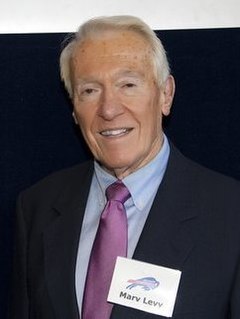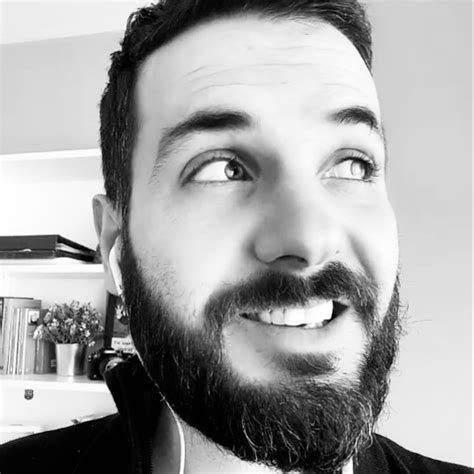A Quote by Julian Jaynes
I shall state my thesis plain. The first poets were gods. Poetry began with the bicameral mind.
Related Quotes
Lyric poetry is, of course, musical in origin. I do know that what happened to poetry in the twentieth century was that it began to be written for the page. When it's a question of typography, why not? Poets have done beautiful things with typography - Apollinaire's 'Calligrammes,' that sort of thing.
I have just been to a city in the West, a city full of poets, a city they have made safe for poets. The whole city is so lovely that you do not have to write it up to make it poetry; it is ready-made for you. But, I don't know - the poetry written in that city might not seem like poetry if read outside of the city. It would be like the jokes made when you were drunk; you have to get drunk again to appreciate them.
The Baathist state did two things extremely well. One was create information-gathering intelligence networks and a filing system. There's actually a lot of information on a lot of people and that is a major achievement of a police state. The second one is the promotion of literature and poetry, and the arts generally. So this is a state that's producing mass police archives - surveillance - and poetry. And in fact a lot of the archives are about what poets are writing or what they should be writing.
Poetry transcends the nation-state. Poetry transcends government. It brings the traditional concept of power to its knees. I have always believed poetry to be an eternal conversation in which the ancient poets remain contemporary, a conversation inviting us into other languages and cultures even as poetry transcends language and culture, returning us again and again to primal rhythms and sounds.




































